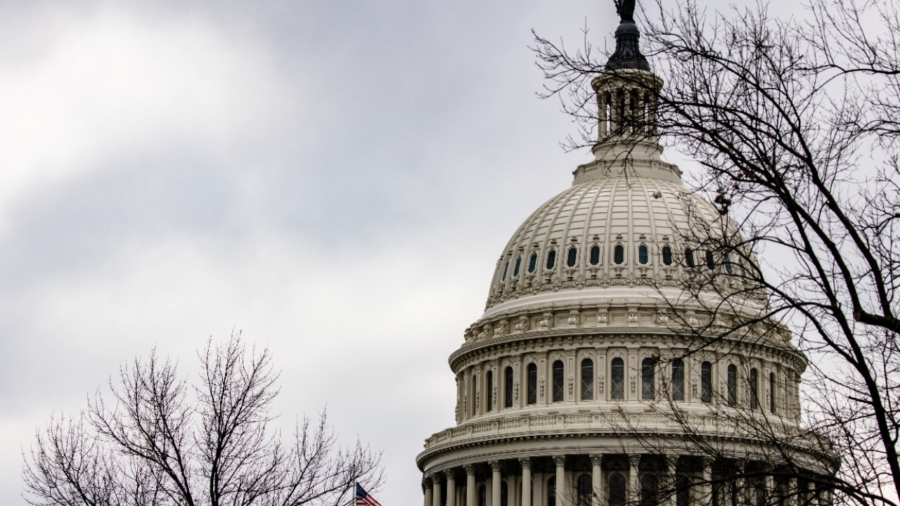A coalition of Democrat lawmakers introduced a bill on Tuesday that would raise the national minimum wage to $15 an hour.
Sen. Michael Bennett (D-Colo.) and 37 other Democrat senators have put forward the Raise the Wage Act 2021 (pdf), which would raise the federal minimum wage in five increments to reach $15 per hour by 2025.
The bill would also index the federal minimum wage to median wage growth starting in 2026, a move that would cause the minimum wage to tick up automatically, roughly in pace with inflation.
“I’ve heard time and again from Coloradans who are working as hard as they can, but still can’t afford some combination of housing, health care, child care, and other essential needs. It is unacceptable,” Bennett said in a statement. “A $15 minimum wage is about making sure that everyone who works full-time can live with dignity. This legislation is one of many steps we need to take to build an economy that creates opportunity and security for everyone.”
Economists have for years hotly debated the issue of raising the minimum wage, with advocates arguing that raising salaries will boost purchasing power and the added spending will lift the economy, while opponents argue it will hurt businesses and lead to higher unemployment.
Left-leaning economists like Paul Krugman have claimed, “There’s just no evidence that raising the minimum wage costs jobs, at least when the starting point is as low as it is in modern America,” while other academics have argued that “there is considerable support for the competitive market hypothesis that an effective minimum wage would result in lower employment.”

While numerous studies have been done over the years in support of both positions, a new working paper from the National Bureau of Economic Research (NBER), a nonprofit research organization, reviewed the entire set of published papers that look at the impact of minimum wage hikes on employment in the United States since 1992. In the paper, economists David Neumark and Peter Shirley concluded that the overwhelming majority of papers (79.3 percent) found that minimum wage hikes had a negative impact on employment. They also found that the negative impact is stronger for less‐educated workers, teenagers, and young adults, and is particularly strong for workers who are directly affected by minimum wage hikes, that is workers whose wage rates increase automatically as a result of the policies.
Economic arguments for raising the minimum wage as a way to boost spending and lift economic output have also been challenged, with Ryan Bourne of the Cato Institute, a libertarian think tank, concluding that this argument “ignores contractionary impacts from lower profits reducing investment, higher prices reducing other spending, or reduced employment opportunities cutting some people’s incomes.”
“Standard economic theories suggest that, overall, increasing a price floor brings more distortions to the economy,” Bourne added, and pointed to a study which found that “an overwhelming majority of economists (69 percent to 4 percent) disagree with the idea that a $15 minimum wage would substantially boost aggregate economic output.”
The minimum wage hike measure is also included in President Joe Biden’s $1.9 trillion CCP virus relief package, which is already facing political and logistical hurdles in Congress, raising concerns that its adoption may be delayed.
Biden has already started taking steps toward instituting a $15 minimum wage for federal workers and contractors, signing an executive order last week that begins laying the groundwork for that to happen by directing the Office of Personnel Management to develop recommendations to raise the minimum wage for federal employees.
The current minimum wage in the United States is $7.25 an hour, and it has remained at that level since 2009. The percentage of people who are paid $7.25 an hour or less is 2.1 percent of all hourly workers, the Bureau of Labor Statistics reported in 2019 (pdf), with the vast majority earning a higher wage.
From The Epoch Times

